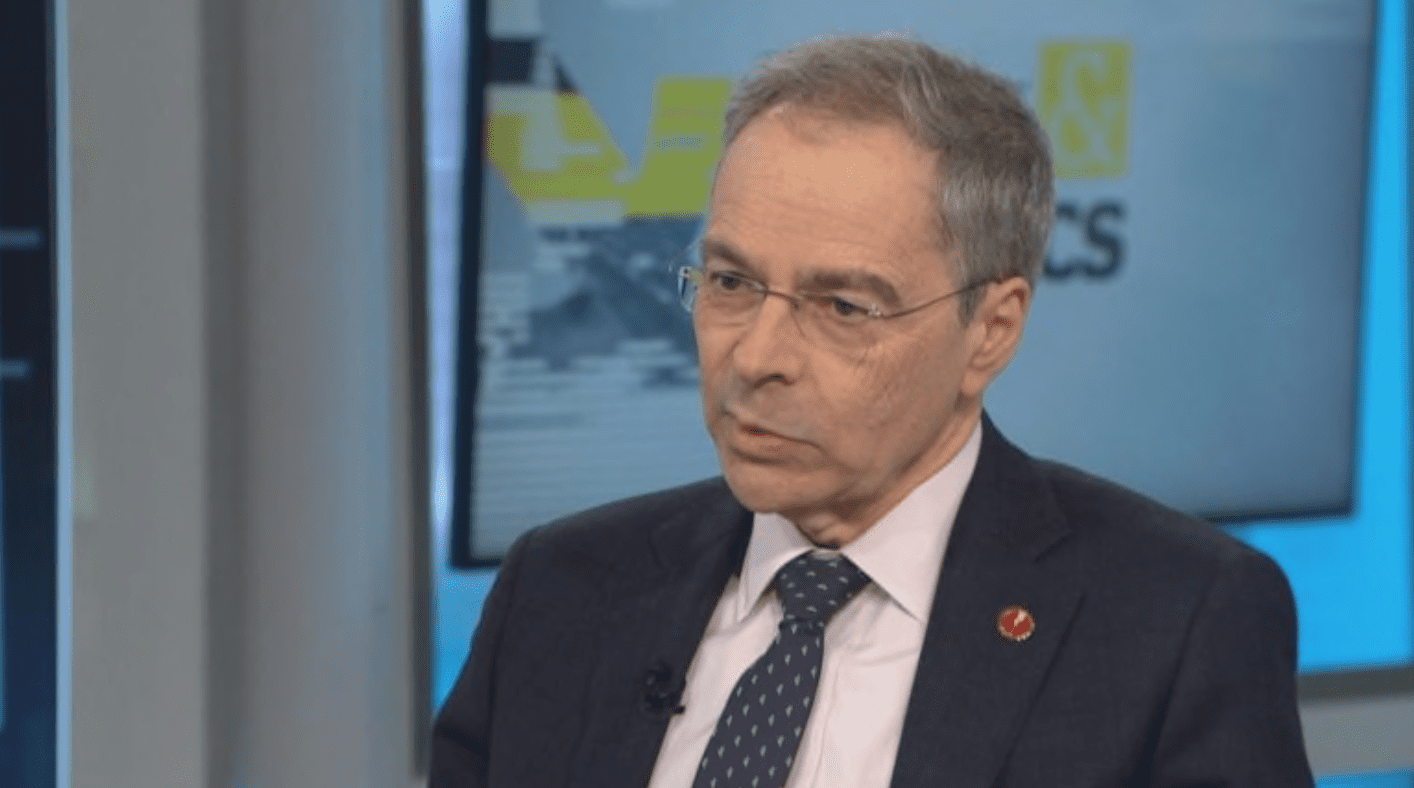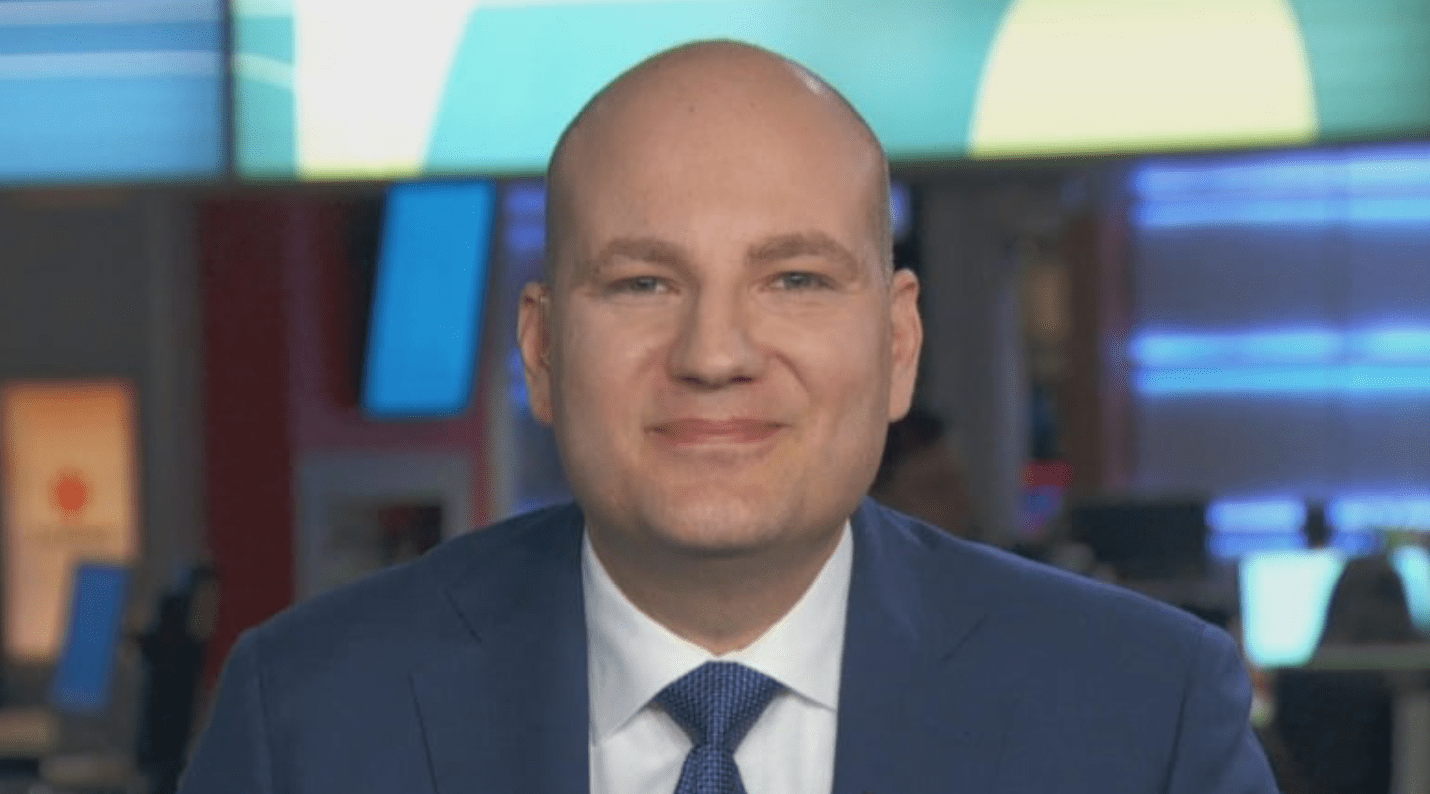It was a matter of time before one more senator made the leap from the Independent Senators Group to the Progressives, but I had not imagined that it would have been Senator Pierre Dalphond. Well, that is until he decided to run a scathing op-ed in The Hill Times about the kinds of tactics that Senator Yuen Pau Woo has been engaged in as the leader of the ISG. That op-ed turned out to be a parting shot, as Dalphond crossed over to the Progressives, giving them the magic number of nine senators that makes them once again a viable force within the Chamber as an officially recognized caucus, and all of the work Woo has been doing to keep them off of committees and marginalizing them in the hopes that they would die out has been for naught.
In the op-ed, Dalphond confirmed that Woo has been aggressively using his position as leader of the largest group, stating that "ISG is reacting to Conservative intransigence by engaging in a confrontational dynamic, confident that its majority shall always prevail," and citing the examples of trying to get the bulk of committee chairs and the sole power to name the Speaker Pro Tempore (even though that has traditionally been done by consensus).
"The strategy of the ISG leadership is to take a hard line on some symbolic rule changes that exacerbate conflict between groups, and that extend obstructive powers to all Senate groups, rather than reducing this problem," Dalphond wrote but betrays his own ignorance of the Senate in the process. Rules are not symbolic, and treating them as such is a problem that a lot of new senators seem to share. His desire to see so-called "obstructive powers" done away with including on private members' business per the motion he has previously moved along with Senator Murray Sinclair is indicative of his particular naiveté, given that he has not lived through a situation where the Senate had to deal with a government that has been trying to abuse the rules for their benefit. If he had witnessed what happened in 2014, he may feel differently about the very rules he wants to see eliminated.
Dalphond was entirely wrong in other places in his op-ed, such as his call for the abolition of the two-hour dinner break as the Commons had done in the early nineties. The Commons doing so was an object lesson in unintended consequences doing so destroyed the collegiality of the Chamber as MPs no longer ate together three nights a week, and got to know one another as human beings rather than as opponents. The Senate has been far more collegial than the Commons, at least until recently. Many of the new senators have taken the attitude that they are superior to the older, "partisan" senators because their appointments were "merit-based," and have refused association with them to the degree that senators would before, even when they were partisan opponents.
For his part, Woo has tried to downplay the whole affair, tweeting his congratulations that the Progressives being re-established as a "recognized parliamentary group" though one imagines that the kind of congratulations offered with the same kind of dead-eyed smile of a pageant runner-up when she realizes she's lost. In an interview with CBC, Woo tried to deflect Dalphond's criticisms of the motion to try and tie senators to the ISG with the threat of losing their committee seats, saying "Sen. Dalphond has left so it's obviously a red herring. He has clearly decided to leave in spite of this provision. He's refuted his own point by doing so." This is completely disingenuous, because Woo knows that seats have not been fully allocated or finalized, so Dalphond wouldn't be subjected to such an order. And until the selection committee report is adopted, there remains more time for senators to leave the ISG and head to other caucuses without fear of losing those seats. Of course, Woo has long used selective misinformation as a means of keeping ISG senators in line, so his attempt to treat the accusation as bogus is not surprising.
Even more precious was Woo telling CBC that "the actual reality of the Senate today is that we have a tyranny of the minority," citing privileges reserved for the government and the opposition, as though he has no clue about how a Westminster parliament works and why we have government and opposition, and why the Senate isn't simply the varsity debate club. "If anything, the current practice of the Senate is that there is an abuse by the minority of their special privileges and rules and rights," Woo stated, which is laughable. It is as though he doesn't quite grasp that one of the primary roles of the Senate is to ensure there is the protection of minority rights to counterbalance the representation-by-population character of the House of Commons, which is built in a way that easily swamps minority regions and populations. The rules of the Senate ensure that every single senator can speak to every piece of business and has procedural mechanisms to slow down business if they need to because it ensures that there is a voice for those minorities. Woo's perception of tyranny is unbelievable.
With the Progressives now a viable force again, and with Dalphond having now understood that allowing one group in the Senate to achieve majoritarian status is a bad thing, it will certainly put a damper on Woo's plans for rule changes, though Dalphond's own enthusiasm for said rule changes will need to be curbed. One hopes that the experience of PSG members some of whom are among the longest-serving and most experienced senators in the Chamber, will help Dalphond understand why his motion on rules is naïve, and why there will always be a need for so-called "obstructive powers," even if he doesn't realize it now. Nevertheless, the dynamic is shifting, and some of the most toxic elements of prime minister Justin Trudeau's changes to the Chamber are being tempered, so we can be thankful for that.
Photo Credit: CBC News








